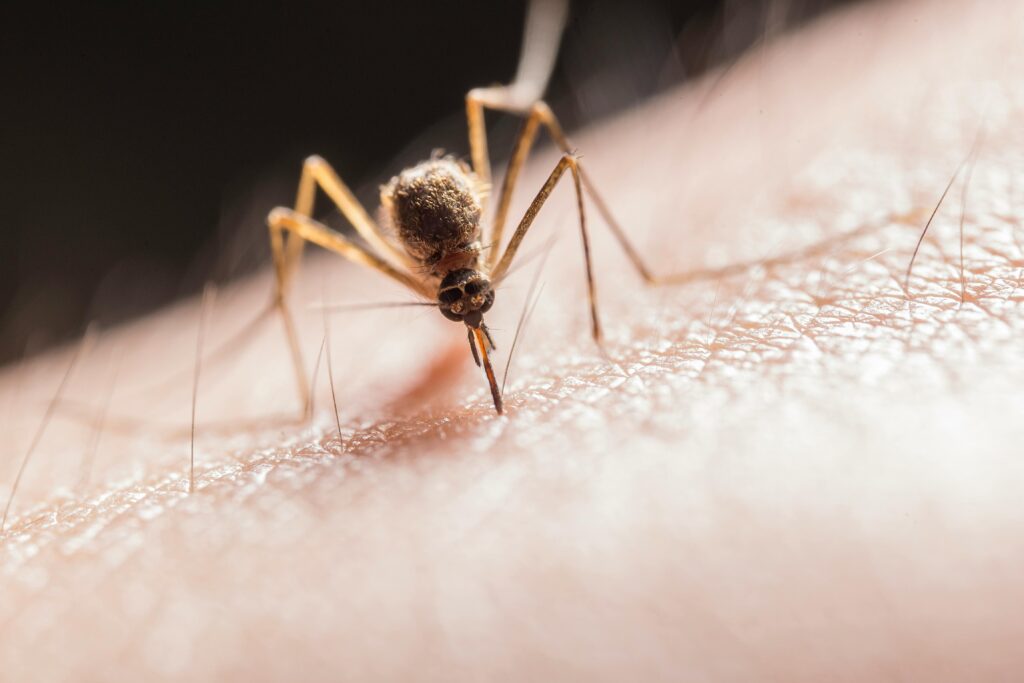New York State has confirmed its first fatal case of Eastern equine encephalitis (EEE) in nearly a decade, according to a statement from Governor Kathy Hochul. The victim, a resident of Ulster County, succumbed to the rare but deadly virus, prompting a statewide public health alert. EEE, spread by infected mosquitoes, poses a serious threat, and state officials are taking immediate action to prevent further cases.

Governor Hochul extended her deepest sympathies to the victim’s family, emphasizing the importance of public health measures to protect New Yorkers. “Keeping New Yorkers safe is my top priority,” she stated. Following the first confirmed human case, the state has mobilized resources to aid local health departments in addressing the growing threat of EEE.
Immediate Public Health Response
To combat the spread of the mosquito-borne virus, New York has initiated mosquito spraying campaigns, scheduled to take place between September 30 and November 30. Additionally, mosquito repellents are being distributed at state parks and campgrounds to help reduce the risk of bites. The confirmed case in Ulster County has highlighted the urgency of adopting preventive measures, especially as mosquitoes remain active into the fall.
Residents across the state are being urged to take steps to protect themselves from mosquito bites. Health experts recommend wearing long sleeves and using insect repellent when outdoors. People are also advised to eliminate any standing water around their homes, as this can become a breeding ground for mosquitoes. Ensuring that windows and doors are properly screened is another crucial measure.
EEE on the Rise in New York
According to the Centers for Disease Control and Prevention (CDC), there have been 10 reported human cases of EEE in the United States so far this year, with cases detected in Wisconsin, Massachusetts, New Hampshire, Vermont, Rhode Island, and New Jersey. New York’s health commissioner, Dr. James McDonald, noted that the spread of EEE has been unusually widespread this year, affecting 15 counties across the state.
While EEE is rare in humans, it can lead to life-threatening brain inflammation. Symptoms of severe infection include high fever, chills, headache, vomiting, seizures, and even coma. The CDC reports that about one-third of individuals who develop severe symptoms from EEE do not survive.
Statewide Alert and Preventive Measures
Dr. McDonald issued a strong warning to all New Yorkers, urging them to take the necessary precautions against mosquito bites. “Mosquitoes are now a serious threat, not just a nuisance,” he warned. The state has also recorded 18 cases of EEE in horses across 12 counties, highlighting the need for vigilance, especially in rural and suburban areas.
There is currently no vaccine or specific treatment available for EEE in humans, making prevention the most effective strategy. Residents are encouraged to remain cautious until the first hard freeze, which will significantly reduce mosquito activity.
By staying informed and proactive, New Yorkers can help prevent further cases of this deadly disease and protect their communities.
